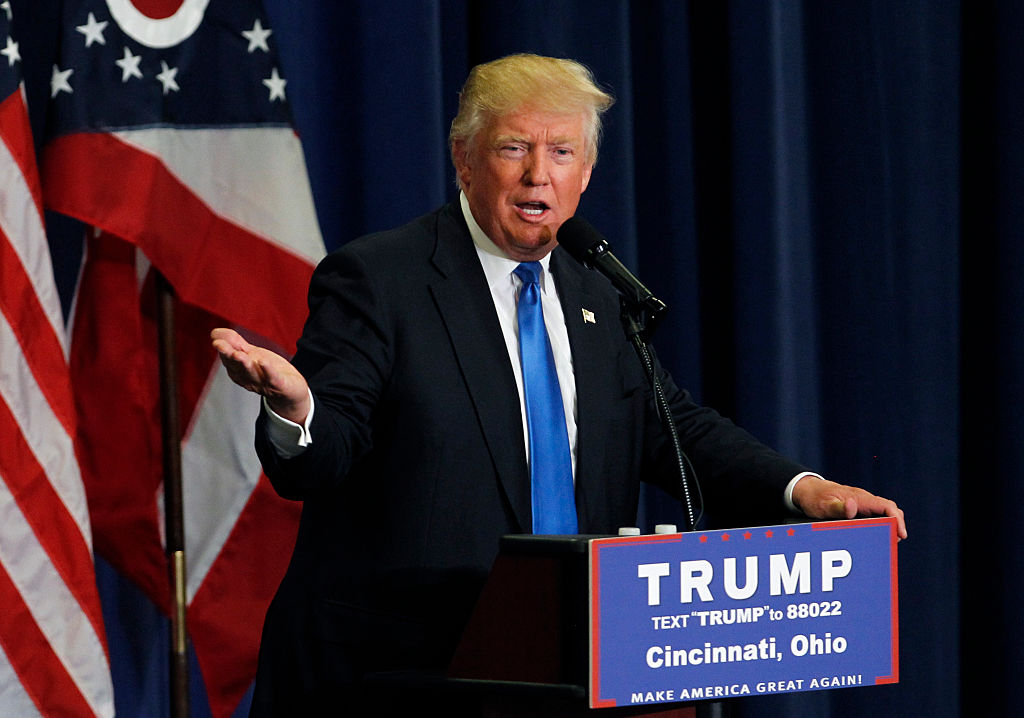Donald Trump can't use his email list after 4 in 5 of his fundraising messages were flagged as spam


A free daily email with the biggest news stories of the day – and the best features from TheWeek.com
You are now subscribed
Your newsletter sign-up was successful
Presumptive GOP nominee Donald Trump is having a terrible, horrible, no good, very bad time with email fundraising.
His first large-scale email pitch, sent late last month, earned rebukes from politicians in Iceland, Scotland, and Australia who were bizarrely — and illegally — on his list. About four in five of those messages were flagged by spam filters, and nearly "60 percent of the fundraiser emails from Trump never reached inboxes."
As a result, the mass email service provider Trump was using shut down the campaign's sending ability on its platform this week, saying, "The email in question has raised serious security and legal concerns" so the company exercised its "contractual option to suspend [Trump's media] service from sending email."
The Week
Escape your echo chamber. Get the facts behind the news, plus analysis from multiple perspectives.

Sign up for The Week's Free Newsletters
From our morning news briefing to a weekly Good News Newsletter, get the best of The Week delivered directly to your inbox.
From our morning news briefing to a weekly Good News Newsletter, get the best of The Week delivered directly to your inbox.
Though Trump can still send blasts to rented or borrowed lists while his own is out of commission, his email campaigns have reportedly experienced an unusually bounce rate, which means too many email addresses on the lists he can use are fake, have full inboxes, or are otherwise nonfunctional. A normal bounce rate is 1.2 percent, and some of the Trump lists reportedly have bounce rates higher than 30 percent.
A free daily email with the biggest news stories of the day – and the best features from TheWeek.com
Bonnie Kristian was a deputy editor and acting editor-in-chief of TheWeek.com. She is a columnist at Christianity Today and author of Untrustworthy: The Knowledge Crisis Breaking Our Brains, Polluting Our Politics, and Corrupting Christian Community (forthcoming 2022) and A Flexible Faith: Rethinking What It Means to Follow Jesus Today (2018). Her writing has also appeared at Time Magazine, CNN, USA Today, Newsweek, the Los Angeles Times, and The American Conservative, among other outlets.
